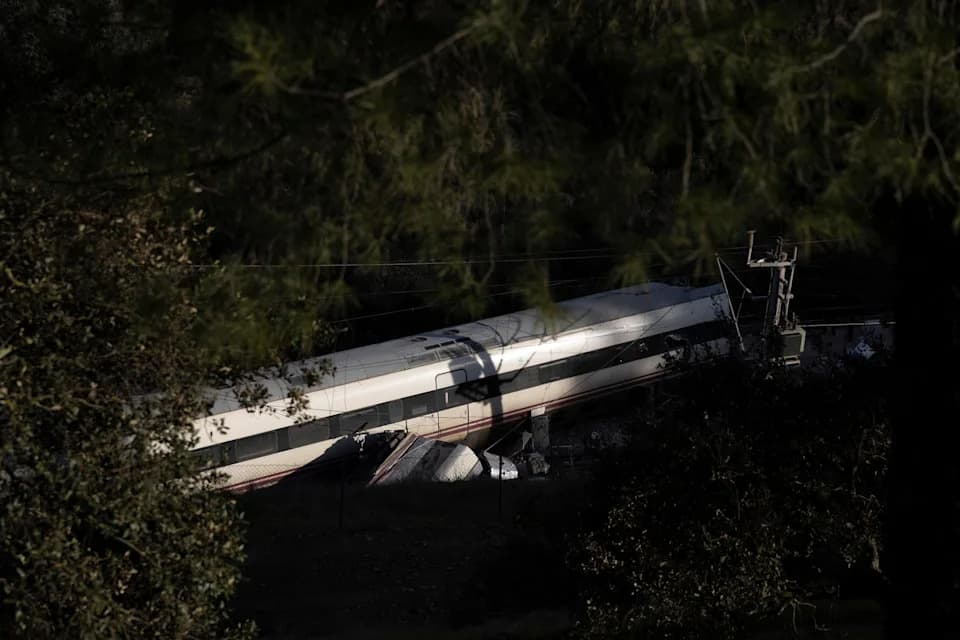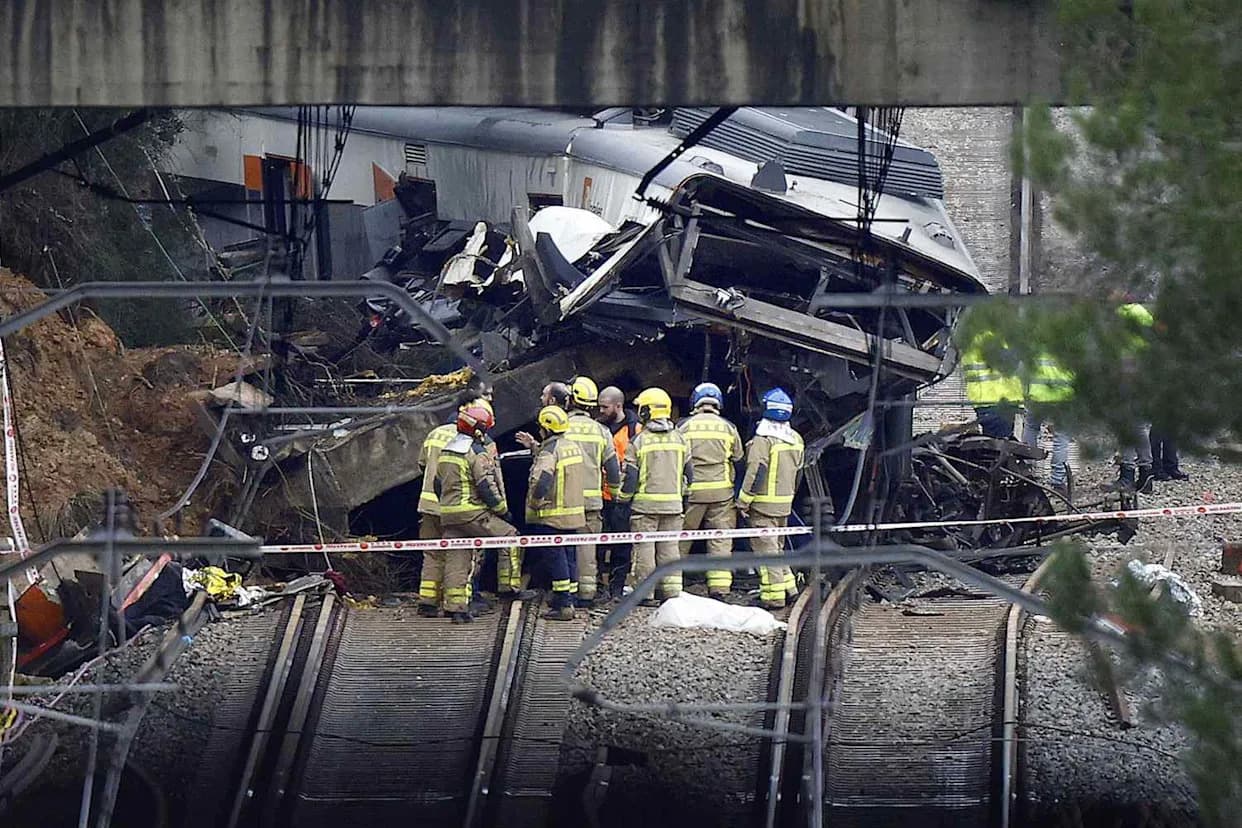Carlos Mazón, president of Spain's Valencia region, announced his resignation a year after catastrophic floods on 29 October 2024 that killed more than 230 people and swept away an estimated 130,000 vehicles. Critics say a regional mobile alert arrived only after flooding had started, over 12 hours after the national weather agency's highest warning, fueling accusations that delays cost lives. Sustained protests, a large demonstration of more than 50,000 people and an El País poll showing 71% support for his resignation intensified pressure that led to his decision. Mazón will remain a regional lawmaker and is expected to be replaced by another Popular Party member.
Valencia President Carlos Mazón Resigns After Deadly Floods Amid Widespread Public Outcry

Valencia regional president Carlos Mazón steps down after deadly 2024 floods
Carlos Mazón, the embattled head of Spain's Valencia region, announced on Monday that he is resigning as regional president a year after catastrophic floods on 29 October 2024 that became the country's deadliest natural disaster in a generation.
"The reality is that today I am the focus of criticism, noise, hatred and tension. I can't go on any more," Mazón said in a televised address.
Mazón will keep his seat as a lawmaker in the Valencia regional parliament but is expected to be succeeded as regional president by another member of his conservative Popular Party (PP). He had faced intense scrutiny over his administration's handling of the floods, which killed more than 230 people, swept away an estimated 130,000 vehicles and damaged thousands of homes.
Delay in warnings and public anger
Under Spain's decentralized system, regional authorities are primarily responsible for emergency response. Critics say Valencia's administration sent a mobile-phone alert only after flooding had already begun in parts of the region — more than 12 hours after the national weather agency (AEMET) issued its highest-level warning for torrential rain. Campaigners and relatives of victims argue the delay in raising the alarm cost lives.
Eyewitness accounts published in Spanish media described residents receiving the mobile alert while floodwaters were already surrounding cars, submerging streets and forcing some people to seek refuge in trees. In one account from the badly affected town of Paiporta, a resident said he was stranded in a tree with bodies floating past.
Political fallout
Despite growing criticism, Mazón had frequently defended his actions, saying regional authorities lacked the information needed to warn people earlier. He acknowledged mistakes on Monday: "I should have had the political vision" to cancel appointments and visit affected areas on the day of the disaster. "I know I made mistakes. I acknowledge them and I will live with them all my life. I have asked for forgiveness and today I repeat it. But none of them were due to political calculation or bad faith."
Opponents highlighted that Mazón kept his schedule on the day of the disaster, taking a long lunch with a journalist and attending a public event on Valencia's sustainable tourism strategy — images that fuelled public anger and protests.
Mass protests and public opinion
Families of the victims and campaigners staged repeated demonstrations demanding Mazón's removal. More than 50,000 people — many carrying photographs of relatives who died — marched through Valencia city on 25 October to press for his resignation. An El País poll published last month found 71% of Valencia residents said Mazón should step down. Analysts say the controversy had become a political liability for the PP at the national level.
Rosa Álvarez, who leads an association representing flood victims, credited sustained pressure from families and supporters for forcing Mazón's resignation: "His party didn't make him resign. It was the families of the victims and all the people who have supported us... who made him resign," she told Radio SER. Álvarez's 80-year-old father died after the torrent smashed through his home in Catarroja.
Scope of the disaster
Last year's floods affected 78 municipalities, mostly on the southern outskirts of Valencia city along the Mediterranean coast, and produced around 800,000 tonnes of debris. The event has prompted calls for reviews of regional emergency protocols and better coordination between national and regional authorities to ensure faster warnings in future extreme-weather events.
Help us improve.

































